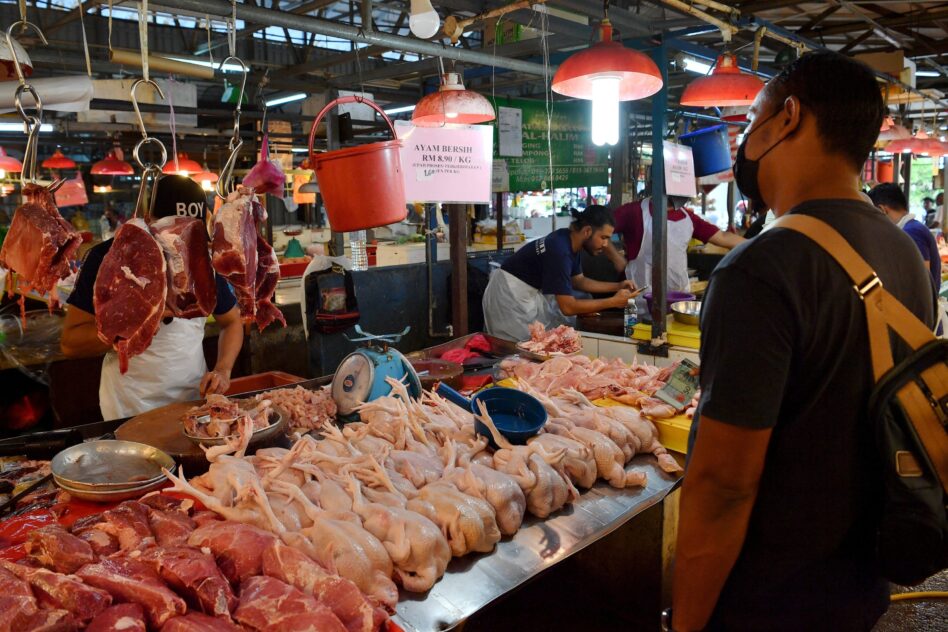BE it an individual or a household, spending on food and beverage (F&B) is directly related to their disposable income. With Covid-19 pandemic leaving many jobless or with reduced income, would this somewhat affect their food and beverage purchasing power and how would this result for the F&B players in turn?
Deloitte has revealed that consumer products F&B companies were facing significantly reduced consumption as well as disrupted supply chains, due to the pandemic.
While at-home consumption has increased, Deloitte noted out-of-home consumption, which historically generates the highest margin, has come to nearly a standstill.
The largest professional services network said, there may be long-term changes in customer behaviour and demand.
On the other hand, a Fitch Solutions report highlighted that consumers in Malaysia are likely to increase their spending on food and non-alcoholic drinks products in 2020 due to the high levels of uncertainty and disruption to economic activity due to the Coronavirus.
However, alcoholic drinks consumption is projected to contract in 2020 as consumer purchasing patterns shift towards essentials.
Over the medium term (2020-2024), Fitch Solutions expected the food and drink sector to post positive growth, supported by the economic recovery from 2021 which would spur demand.
Statisca.com in its food and beverage outlook report for Malaysia said, revenue in the F&B segment is projected to reach US$84 mil (RM347.8 mil) in 2020. It is expected to show an annual growth rate of 14.5% from 2020 to 2014, resulting in a projected market volume of US$145 mil (RM600.3 mil) by 2024.
User penetration, it said, will be 9.8% in 2020 and is expected to hit 15.1% by 2024.
Sharing the same sentiment, the British Malaysia Chamber of Commerce in a report titled “food and beverage sector 2017” noted that, F&B spending in Malaysia is expected to increase at a constant rate of 7% until 2020.
Meanwhile, the Fitch Solutions report also stated that Malaysia boasts a large young adult population (20-39 years old) that is becoming increasingly health conscious and is open to trying new and innovative food and drink products.
These findings are supported by a Food Industry Asia (FIA) report that pointed out that almost 99% Malaysians were interested in maintaining a healthy diet and were actively trying to improve their consumption habits. However, a significant majority (71 per cent) identified cost as a key barrier to achieving a healthy diet.
About 76% of the respondents surveyed by FIA, agreed that F&B companies should tweak their recipes to make products healthier as long as the taste remains the same or better.
It was reported (by asia.com in June 2020), that many big food and beverage companies in Malaysia have made commitments to improve their products and the nutrition it carries, but researchers have found these to be ‘weak’, ‘non-specific’ and lacking in comprehensiveness.
Focus Malaysia in a Jan 30-Feb 5 2016 issue has stated that food producers involved in confectioneries, canned food, instant noodles and snacks performed well despite weakened consumer spending sentiments back then.
The article titled “silver lining for food producers”, said seven out of eight counters involved in the food-producing subsector covered by FocusM, posted double-digit growth in their share prices as a result of the growth in their revenue and profit.
A fund manager reportedly said these seven counters appealed to investors due to their relatively strong balance sheets and aggressive capacity expansion, riding on strong domestic and international demand.
This goes to show that food and beverage producers benefited from the increased demand due to higher consumption.
The article also quoted Public Investment Bank Bhd research analyst Nor Asilah Amran as saying companies producing food and snacks are likely to gain from softening consumer sentiment due to worsening economic conditions.
“As the cost of living continues rising at a more burdening level, consumers may cut consumption. Instead of eating out, they may choose to increase consumption of ready-to-eat food and snacks,” she reportedly said. – Oct 5, 2020










